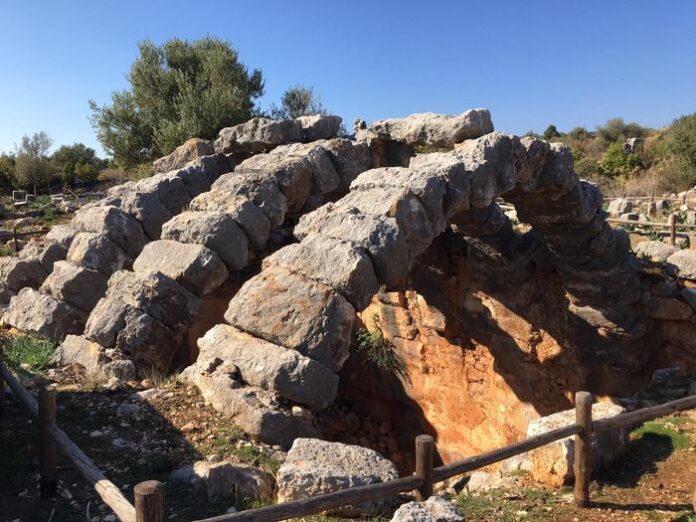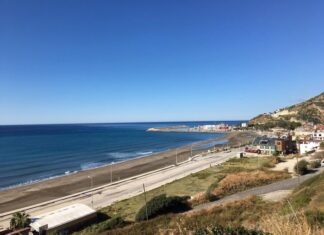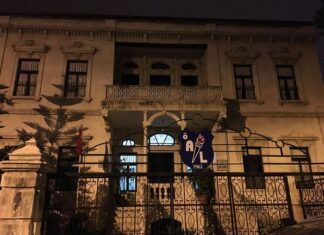The Nobilissimus denied that he was privy to his nephew’s plot against Zoe. He had encouraged him in no other designs. ‘If I had wished to restrain him’, he said, ‘my reward would have been some calamity. The fellow was so headstrong,’ — and here he turned to the emperor — ‘so headstrong in all his desires and ambitions. Had I been able to check his enthusiasms, the whole of my family would not have been mutilated, a prey to fire and sword.’
42. I would like to interrupt the history for a moment and explain what he meant by this ‘mutilated’. When the emperor exiled the Orphanotrophus, thereby bringing down, as he thought, the pillar of the family, he hastened to the destruction of the rest.
All his relatives, most of whom had already reached their full stature and were bearded men, who had become fathers and been entrusted with offices of great dignity in the state, he compelled to undergo castration, making of their life a semi-death. The truth is, he was ashamed to kill them openly: he preferred to compass their destruction by mutilation, a punishment apparently less severe.
God is not unjust
43. Such was the reply of the uncle. The tyrant, however, slowly shaking his head and forcing a tear from his eyes (not without some difficulty) said, ‘Truly, God is not unjust’ — those were his very words — ‘and I am rightly paying the penalty for what I have done.’ With these words he again laid hold of the Holy Table. Then he prayed that his change of garment might receive legal sanction and the ceremony of reception into the Church was performed in respect of them both.
Nevertheless, they were utterly dejected, filled with apprehension and dread lest the mob should attack them. For my own part, I thought their turbulence would go no further. I was still fascinated by the drama of the thing. The unravelling of the plot bewildered me. But this proved to be indeed only a short prelude to the worse tragedies which followed. However, I will describe what happened in detail.
44. Day was already drawing to a close when suddenly there arrived one of the newly-appointed officials, saying that he had received an order from Theodora to remove the refugees to some other place. He was accompanied by a crowd of citizens and soldiers.
Approaching the altar at which they had sought sanctuary, he invited them, in a somewhat peremptory manner, to leave the church. Despite this, when they saw the mob talking of public execution and when with their own eyes they perceived the mob leader signalling that the moment was at hand, and when they observed the change in the man — he was more insolent than usual — they refused to come forth and clung more resolutely than ever to the pillars that support the altar. The other thereupon laid aside his insolence and addressed them with greater respect.
Read More about The Institutes 535 CE part 58







